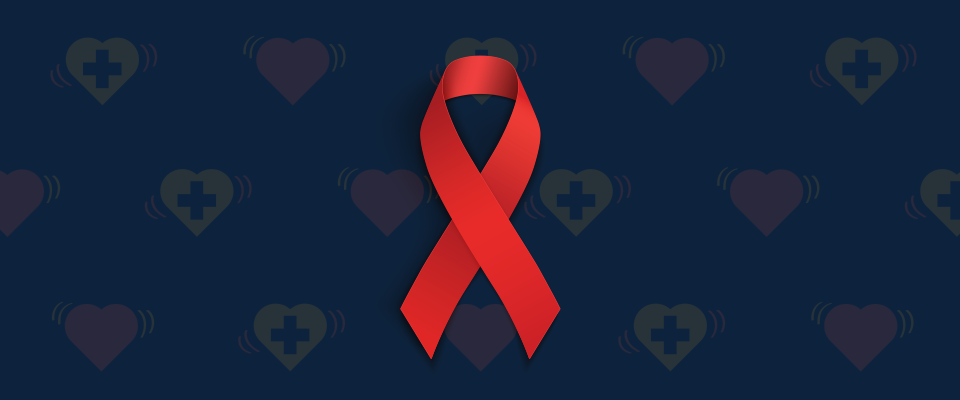Forty years after the first AIDS cases were reported, significant progress has been made in testing, treatment and prevention. With access to the right care, people living with HIV can have long and healthy lives. But today, too many people in Canada are still unable to get that care.
On World AIDS Day (December 1) and throughout Indigenous AIDS Awareness Week, it is crucial to pause and ask who is being left behind, and how we can end the inequalities that drive AIDS and other pandemics in our health care system, our workplaces, and around the world.
Inequities in accessing care
The drugs that reduce the viral load to undetectable levels and eliminate transmission risks can cost thousands of dollars a year, and not everyone has access to insurance for prescription drugs in Canada.
About one-third of working Canadians don’t have employer-funded prescription drug coverage. Those who earn less are least likely to have access to a prescription drug plan. Since marginalized workers such as women, Indigenous, racialized and young workers are more likely to suffer from a pay gap, they are also the most vulnerable if they contract HIV.
Indigenous-centred awareness
Indigenous peoples are overrepresented in new HIV infections in Canada. Systemic racism in health care and other services often prevent Indigenous, Black and other racialized people from accessing information, resources and services.
The Canadian Aboriginal AIDS Network began Indigenous AIDS Awareness Week to:
- increase awareness and knowledge about HIV/AIDS;
- establish ongoing prevention and education programs in Indigenous communities;
- address common attitudes that may interfere with prevention, care and treatment activities; and
- reduce HIV/AIDS-related stigma and discrimination.
PSAC is advocating for a universal, single-payer, public drug plan with a comprehensive list of approved drugs, and a commitment to a ‘people before patents’ approach to pharmacare and drug purchasing.
Stand in solidarity with family, friends and colleagues living with HIV
World AIDS Day is a day to share information on preventing the transmission of HIV, challenge myths and stereotypes about HIV, fight for the rights of people living with HIV and counter stigma and discrimination - in our communities and our workplaces. Together, with an equitable, person-centred approach to care, ending AIDS by 2030 is possible – with no one left behind.
- Support the campaign for universal pharmacare;
- Participate in World AIDS Day and Indigenous AIDS Awareness Week events in your community;
- Learn about Indigenous-centred approaches to harm reduction, HIV and hepatitis C;
- Consult the HIV & AIDS Bargaining Checklist;
- Combat HIV stigma and discrimination at your workplace and in your community.
 Member Login
Member Login



